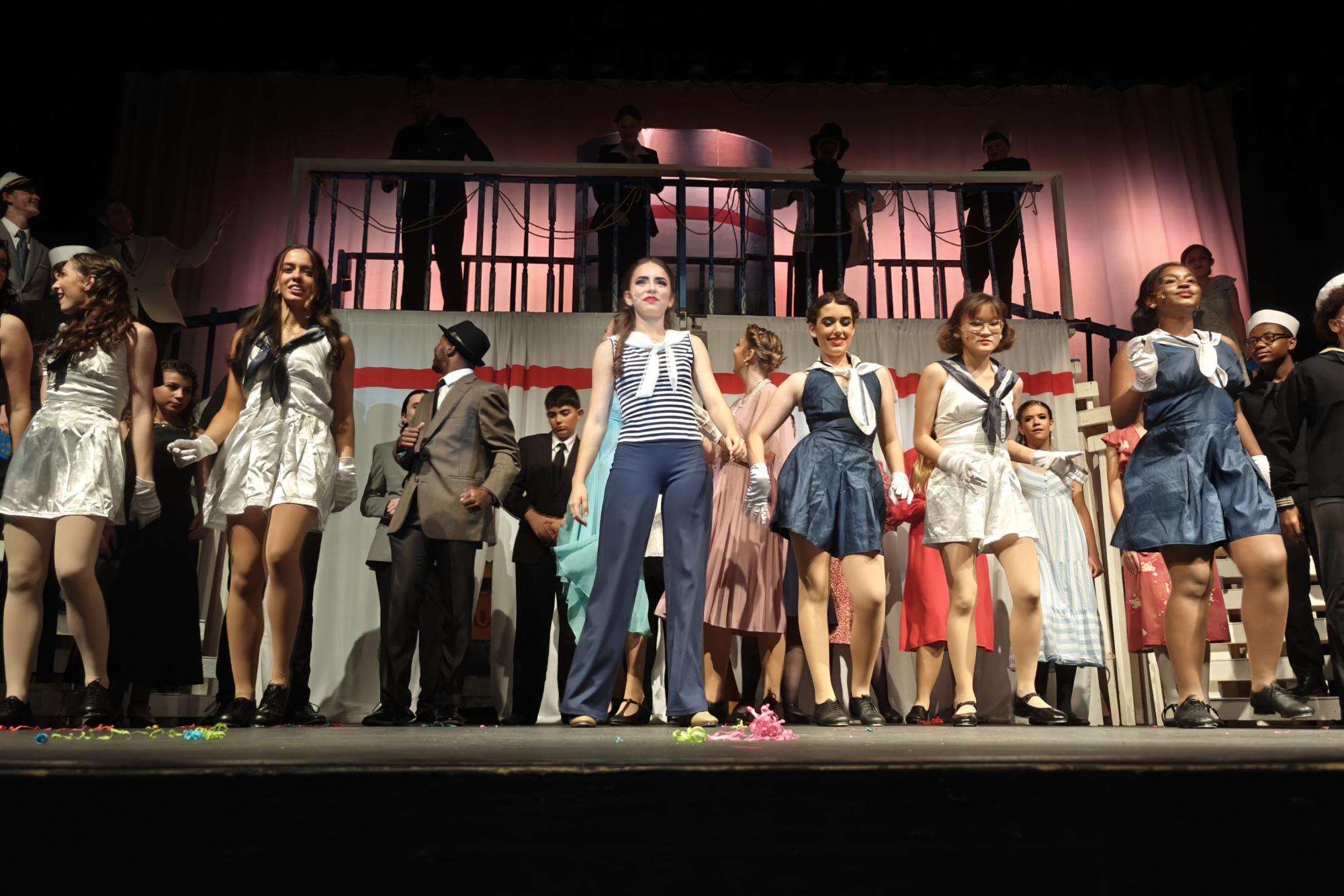After years of juggling West Shore’s academic rigor with extensive rehearsals to perform four productions per school year, the Wildcat theater community is finally catching a break. The program has switched to having two productions per school year: a high school play and an all-school musical, which allows for more effort to be devoted to each one.
This year, Theater Director Caroline Miller decided it was necessary to decrease the amount of shows being produced, a decision that will benefit the program as a whole. Show quality will increase because of this, since in prior years, the turnaround time between casting, rehearsing and set building before the shows was an incredibly small window. It was nearly impossible to ensure all aspects of a performance would be perfected. Any small issue had the potential to completely derail rehearsals, elevating stress for everyone involved.
Previously, the school held a high school play, a high school musical, an all-school musical, and a middle school production. The considerable number of productions during the school year was not sustainable for the students or teachers involved. Holding four shows took away from the enjoyment of theater for some students, as the quick production time heightened the stress already faced when performing. With fewer shows, it’s now possible to dedicate a more substantial amount of time to each individual production, allowing more opportunities to double-check every important aspect of the shows and to sort out all the minutiae of the process.
Additionally, the school musical will now feature a live orchestra playing the soundtrack, another beneficial change to the program. A live orchestra permits more students to be involved at whatever level they’re comfortable. It also gives students another gateway into the theater program and lets them contribute something meaningful to a production without having to be the stars of the show or the people creating the set. While coordinating the rehearsals for an orchestra to practice alongside the tech crew and actors may be difficult, it will ultimately lead to an improved, more cohesive performance that all participants can be proud of.
Although fewer productions may mean less opportunities for students to shine in lead roles, having more time dedicated to each show allows students in minor roles to be given greater attention that will help them learn and grow as an actor. Ensemble roles can often be just as compelling as main ones, and the more students in those roles learn to fully immerse themselves into their characters, the better at their craft they will become. Despite the fact that there is no middle school production, middle school students will still be able to gain experience in an ensemble or minor role, setting them up for larger roles as they enter high school.
Having four performances per year may have been enjoyable for some students, but the decision to decrease the number of shows will improve the program overall. In the end, actors, tech crew, orchestra members, parents and students are all able to enjoy two well-produced performances, with multitudes of effort and heart poured into each one.



